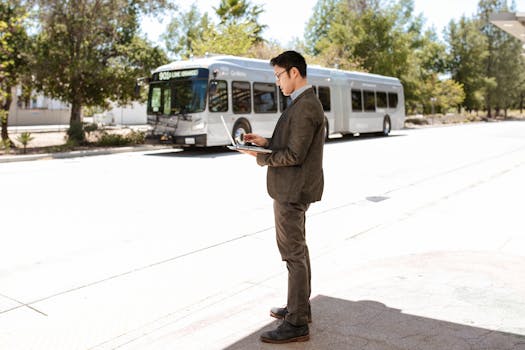
European Living in 2025: A Glimpse into Lifestyle Trends to Expect with European Living
As we step into the year 2025, European living is expected to undergo significant transformations, driven by technological advancements, shifting societal values, and a growing emphasis on sustainability. In this article, we will delve into the lifestyle trends that are likely to shape the future of European living, offering a glimpse into what we can expect in the years to come.
Section 1: Sustainable Living
Sustainability has become a cornerstone of European living, with a growing focus on reducing carbon footprints, conserving energy, and promoting eco-friendly practices. By 2025, we can expect to see a rise in green architecture, with buildings designed to minimize environmental impact and maximize energy efficiency. Additionally, there will be a greater emphasis on renewable energy sources, such as solar and wind power, to reduce dependence on fossil fuels.
European cities are also likely to invest heavily in green infrastructure, including parks, gardens, and green roofs, to improve air quality, mitigate the urban heat island effect, and enhance biodiversity. Furthermore, there will be a growing trend towards minimalism and zero-waste living, with individuals adopting more mindful consumption habits and seeking to reduce their environmental footprint.
Section 2: Technological Advancements
Technological advancements will play a significant role in shaping European living in 2025. The Internet of Things (IoT) will continue to transform the way we live, work, and interact with our surroundings. Smart homes will become increasingly prevalent, with integrated systems that control lighting, temperature, and security, making our lives more convenient and energy-efficient.
Artificial intelligence (AI) will also have a profound impact on European living, with AI-powered virtual assistants becoming an integral part of our daily lives. These assistants will help us manage our schedules, provide personalized recommendations, and even assist with household chores. Moreover, there will be a growing trend towards remote work and virtual collaboration, enabled by advances in virtual and augmented reality technologies.
Section 3: Changing Societal Values
European living in 2025 will also be influenced by shifting societal values, with a growing emphasis on community, inclusivity, and social responsibility. There will be a rise in co-living spaces, where individuals can come together to share resources, skills, and experiences. Additionally, there will be a greater focus on mental health and wellbeing, with a growing trend towards mindfulness, self-care, and holistic wellness practices.
European cities will also become more accessible and inclusive, with a greater emphasis on universal design and disability access. Furthermore, there will be a growing recognition of the importance of work-life balance, with individuals seeking to prioritize their personal and family lives, and to create a better balance between work and leisure time.
Section 4: Urban Planning and Development
Urban planning and development will play a critical role in shaping European living in 2025. Cities will be designed to be more compact, connected, and sustainable, with a focus on mixed-use development, walkability, and cycling infrastructure. There will be a growing trend towards car-free cities, with a greater emphasis on public transportation, electric vehicles, and alternative modes of transportation.
European cities will also invest in innovative urban planning strategies, such as vertical farming, urban forestry, and green infrastructure, to enhance the quality of life for citizens and to mitigate the impacts of climate change. Furthermore, there will be a growing recognition of the importance of cultural heritage and historic preservation, with efforts to protect and restore iconic landmarks and cultural institutions.
Section 5: Conclusion
In conclusion, European living in 2025 will be shaped by a complex interplay of technological, social, and environmental factors. As we look to the future, it is clear that sustainability, technological advancements, and shifting societal values will all play a significant role in defining the lifestyle trends of European living. By understanding these trends and embracing the opportunities and challenges they present, we can work towards creating a brighter, more sustainable future for generations to come.



